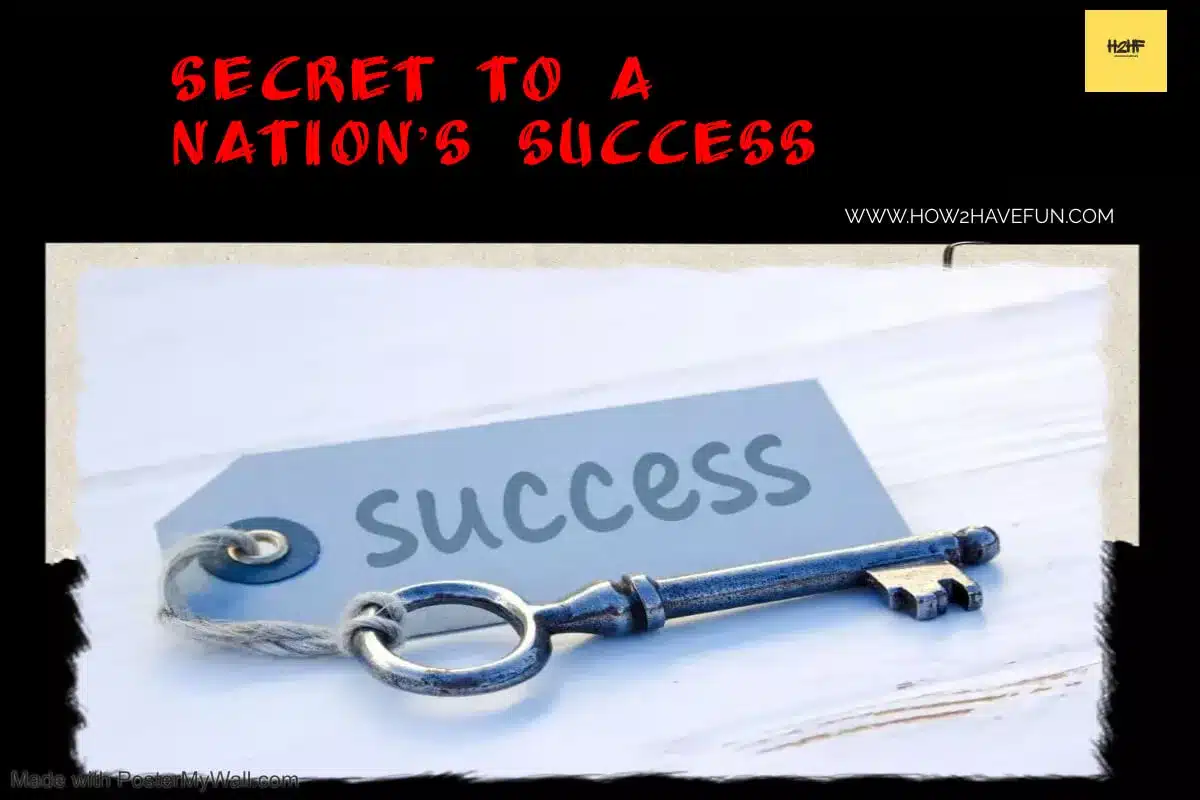Secret to a Nation’s success ( Pakistan)
So what do the world’s greatest minds on nation-building have to say on sustaining and growing a viable nation? What is the secret to a nation’s success? Combining the works of Plato in his priceless book ‘the republic’, Adam Smith’s ‘the wealth of Nation’ and Daron Acemoglu’s ‘why nations fail’, we can safely say it’s the institutions that are accountable to the people that make great nations.
Plato calls for every institution i.e. military, politicians, and the people to stay within their specific role. The military has to give space for the society to develop and stretch out; the politicians may be allowed to think dispassionately for public welfare and the people to specialize in their chosen field to contribute their part. A viable, ‘just’ nation is one where people aspire to excel in their own role, chosen of their free will. The military has to maintain its aggressive character, the politician their philosophical/dispassionate character and the masses be allowed to vent their primal needs within their society. Only then can the nation prosper healthily.
Now here comes the controversial part. None of the three institutions be allowed to jump ship. I guess Plato thought these are specialist fields and no one can learn the other’s role. The personality required to run a country dispassionately or ‘Machiavellian’-like cannot be taken over by an emotional soldier or a skilled craftsman.
Plato regarded democracy as the fourth in the list of a preferred form of government — the noblemen being the first, inspired leaders being second, merchants being third. The autocratic government was the worst just because it is inherently unjust to the masses.
He also emphasized that political control has to be centralized so that institutions feel the need to redirect their focus on the masses.
I gather the presidential system of government practiced by USA closely resembles Plato’s model. They have a strong military, the political class is well entrenched, institutions promote rule of law and therefore innovation, and senate has the ‘notables’. None of the ‘twain’ shall mix. No wonder Plato’s teachings are bible in in western governance training schools.
Adam Smith in ‘wealth of nations ’regards the innovative and productive labor the real wealth of a nation, and not natural resources. He also felt even greedy people of society are needed to take society forward. This labor is improved by the government spending on education, ensuring rule of law, and providing the right conditions for the labor to perform to its potential. As long as the people of a particular nation are innovative and create technology, the nation would always have surplus wealth.
Daron Acemoglu in ‘why nation fail’ decried the damage a self-serving institution can cause to nation-building. When there is no central political authority that people consider legitimate, institutions grow into self-serving entities that inflict grievous harm.
Inclusive institutions that the masses have a stake in, help the nation grow. This includes political, economic institutions also. Acemoglu concluded that institutions serving the people are created by significant events in history, that course corrects them towards people.
He especially was harsh to dictators’ that inherently make the nation weak by stifling their voice. This, I gather, hurts accountability. The example he gave was the way marauding Spanish invaders of South America took over the country from already despotic rulers’ there— within days. Ancient empires were subjugated and held hostage as their existing kings were autocratic and exploitative.
My conclusion is that what Pakistan needs is a legitimate political authority that can redirect our national institutions towards the welfare of the masses. This central authority should be able to enforce rule of law across the board and allow for the innovators, investors,s and skilled to show off their talent and make the nation prosperous. Another interesting article about what’s holding back Pakistan is here.
